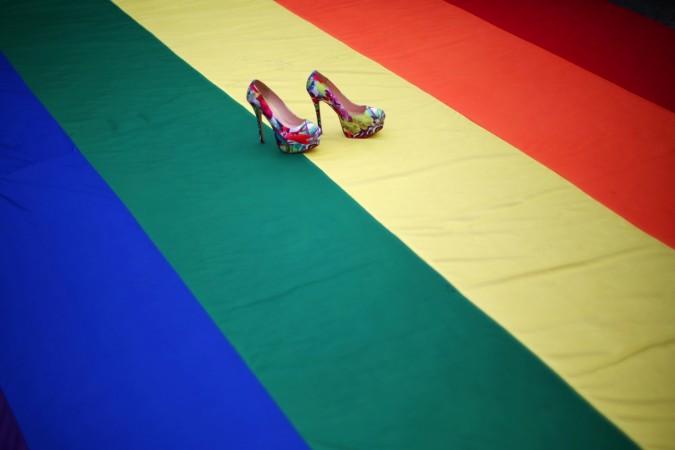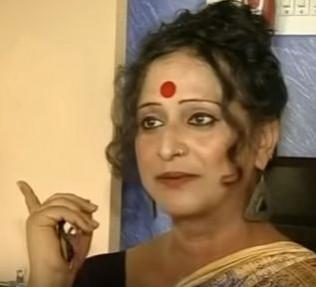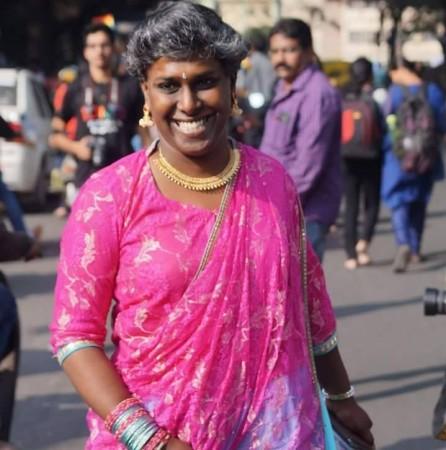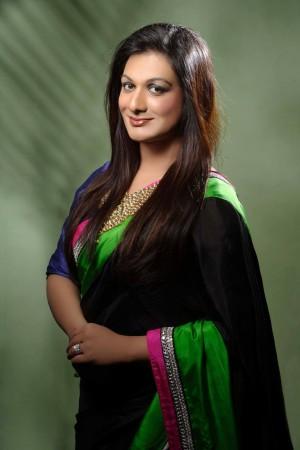
Being born in India as a woman comes with a string of inevitable struggles against issues like inequality, sexual harassment and body-shaming. The hurdles get more complicated if one is born as a male and chooses to be a female.
Indian society considers the birth of a boy as a blessing to the family. So when the same boy who is supposed to continue the family name starts walking and talking like a girl, and even dressing as one, the family crosses all limits to suppress the 'desired sexuality'.
International Business Times, India reached out to three women who have defied all forms of suppression and become icons for others to emulate.
Dr. Manabi Bandopadhyay

For Dr. Manabi Bandopadhyay, the principal of Krishnagar Women's College in Nadia district of West Bengal, life was never a cakewalk. "I got my biggest blow when my husband succumbed to the societal pressure that his wife is a transgender and left me, but I did not bow down. My devotion for Swami Vivekananda and Ramkrishna Paramhansa and Rabindranath Tagore's work inspired me to move on," she says.
Born as Somnath Banerjee, Manabi was the youngest son in a middle class family at Naihati in the state. She yearned to be a woman from a young age, and underwent a sex change operation in 2003. After completing her MA in literature, Manabi pursued PhD before joining as a professor at Vivekananda Centenary College in Jhargram. Though shamed by leaders of the student union, Manabi was always looked up to with awe by her students.
"Just like tribals never forget their identity and culture, in the same way don't give up your identity," adds Bandhyopadhyay, who has recently written a book called A Gift of Goddess Lakshmi.
She says in the book: "Beneath my colourful exterior lies a curled up, bruised individual that yearns for freedom—freedom to live life on her own terms and freedom to come across as the person she is. Acceptance is what I seek."
Dr. Akkai Padmashali

Dr. Akkai Padmashali, born in a middle class family in Bengaluru as Jagadeesh, was often scolded in childhood for wearing her sister's dress or playing with other girls. She was raped at the age of eight. Padmashali, who strongly believes in non-violence, faced a lot of discrimination and harassment, and feels that the abnormality lies in the mindset of people's who cannot accept a person fighting to change his or her gender identity.
"Women identity is all about heart and mind. A woman is beyond everything," Padmashali says. "A woman cannot be undermined. Therefore let's all come together and rise."
Apsara Reddy

A journalist, who is now the spokesperson of All India Anna Dravida Munnetra Kazhagam (AIADMK), Apsara Reddy stresses that Indians react widely differently to the issue as compared to people in some other countries.
"Other countries understand and accept transwomen. They have also got better integrated into the mainstream life," Reddy told International Business Times, India. "Here, people are very judgemental and still have many reservations about diversity and equality."
Born and raised in a South Indian set-up, surrounded by relatives, customs and traditions, Apsara was once Ajay Reddy. She loved to dress up like a girl, tie her hair in plaits, wear flowers and slip into her mother's footwear. Though children at school would tease her about the effeminate behaviour, she was always a good student, and went on to pursue Bachelors in Journalism at Monash University in Australia.
Reddy believes that all women are warriors. She says, "It's your turf as much as it is anyone else's, own it, live it!"








